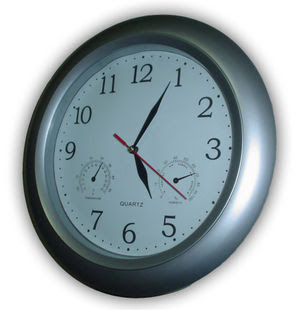 As it was – notionally – Henry Jones Junior’s 110th Birthday yesterday, and following a recent re-watch of Indiana Jones And The Last Crusade, I thought I’d just mention a recentish Lucasfilm re-edit of existing material – less glaring than Greedo shooting first, granted, but still rather strange, to my mind.
As it was – notionally – Henry Jones Junior’s 110th Birthday yesterday, and following a recent re-watch of Indiana Jones And The Last Crusade, I thought I’d just mention a recentish Lucasfilm re-edit of existing material – less glaring than Greedo shooting first, granted, but still rather strange, to my mind.
The 1992-1996 TV series The Young Indiana Jones Chronicles wasn’t a wildly popular show – probably, I suspect, because it often came over as an uncomfortable mix of entertainment and historical fact; the young Jones meets a lot of historical figures (Lawrence of Arabia, Hemingway, Picasso and so on), and if you don’t know who they are or know their historical significance, it’s kind of reduced as a show.
Anyway, it was shown in various slots on UK TV, and I rather liked it, partly because episodes were often bookended by ‘present day’ (that is, early 1990s) encounters between people and an aged Indiana Jones, played by George Hall. As you can see from the picture accompanying this post, Jones in his 90s appeared to have lost an eye, which of course leads to the question of how, suggesting a story yet to be told.
And yet, rather inexplicably, Lucasfilm (presumably with the blessing of George Lucas – also pictured, he’s the one without the fedora) have edited out the ‘Old Indy’ aspects of the show for the DVD release. It’s not fatal to the story by any stretch of the imagination, though I rather liked the suggestive nature of the missing eye and facial scar (even as it does remove the suspense of the films, as we know that Jones will survive to a ripe old age), but it does strike me as rather symptomatic of a tendency to tinker which Lucas (and his pal Mr Spielberg) seems unable to resist.
Ultimately, the films etc are Lucas’s baby, and so I think that one has to concede that if he wants to add or delete stuff, then he’s free to do so; the usual excuse given is that it takes it closer to the original vision, though I must admit that if I was responsible for some of the most well-loved films of the last 50 years or so, I’d probably tend to leave well enough alone – however I suspect it’s the fate of creative types to only be able to see the flaws in their work, whilst if it finds an audience, they will probably focus on the merits.
I’m increasingly feeling that there is a tacit agreement between creators and their audience, though most of my feelings about this boil down to simple commandments (thou shalt not deus ex machina, thou shall know where thy story is going, that kind of thing) than to the exact nature of ‘entitlement’ within the relationship; as Neil Gaiman recently pointed out, the creator “is not your bitch”, and in the final analysis I suppose it’d best just to pretend there isn’t a new film or book or revamped version of the old one if you don’t like it. I know that’s easier said than done, and sometimes it’s bewildering how a creator themselves seems to lose sight of the aspects of their work which resonate with the audience, and indeed which made them popular (examples which spring readily to my mind would be the novel Hannibal, and Jewel’s album 0304). But – as Gaiman again points out – we’re talking about other human beings here, and they’re as prone to making errors of judgment as you and I.
It may be the sunshine outside, or the fact I have a cup of tea to hand, which is making me less snarly about this subject than usual; on the other hand, it may well be the fact that the excised Young Indiana Jones material has been lovingly compiled by some kind folks and placed on youtube in chunks such as this, and by sticking the letters ‘pwn’ before the web address, it’s possible to download the footage.
Um, you do know about that ‘pwn’ trick, right? If not, then I hope that me imparting that to you has made it feel like it was worth wading through the above rambling nonsense…












